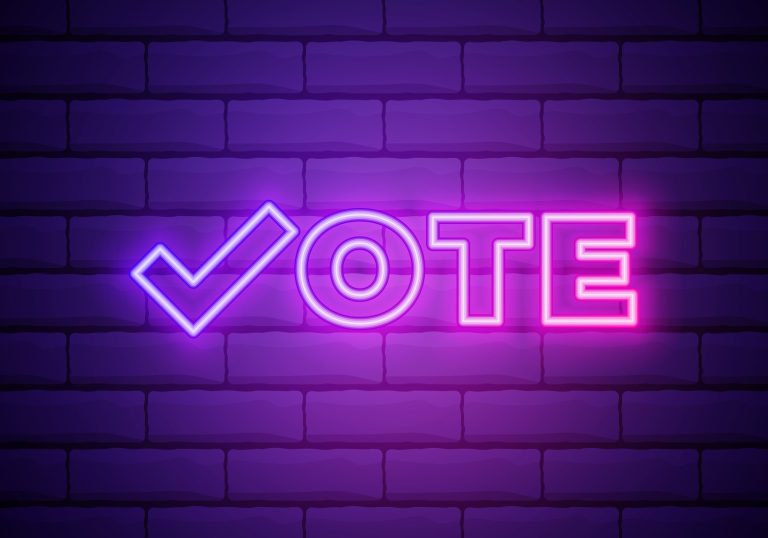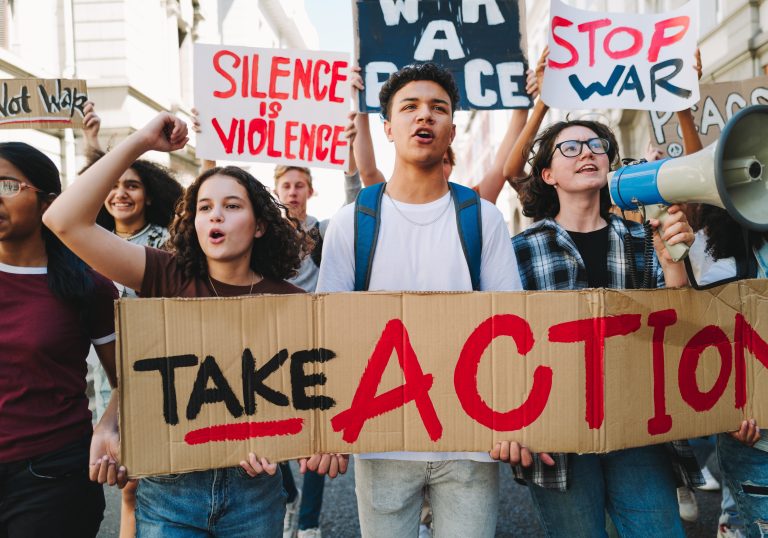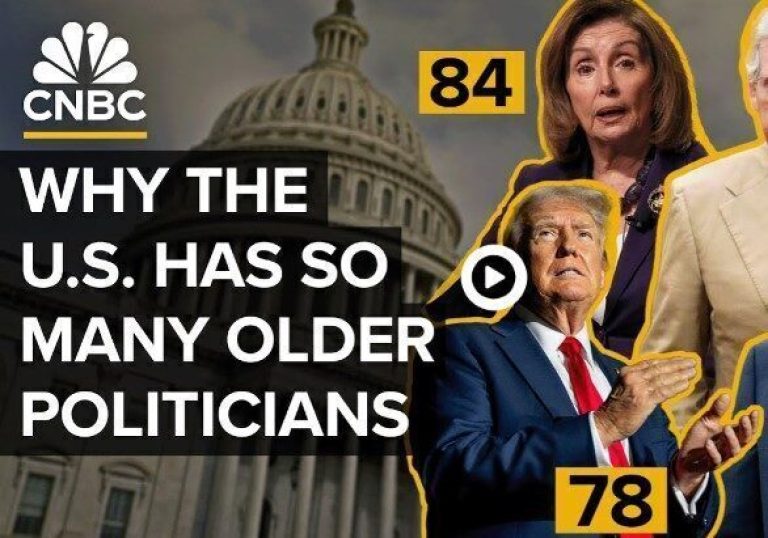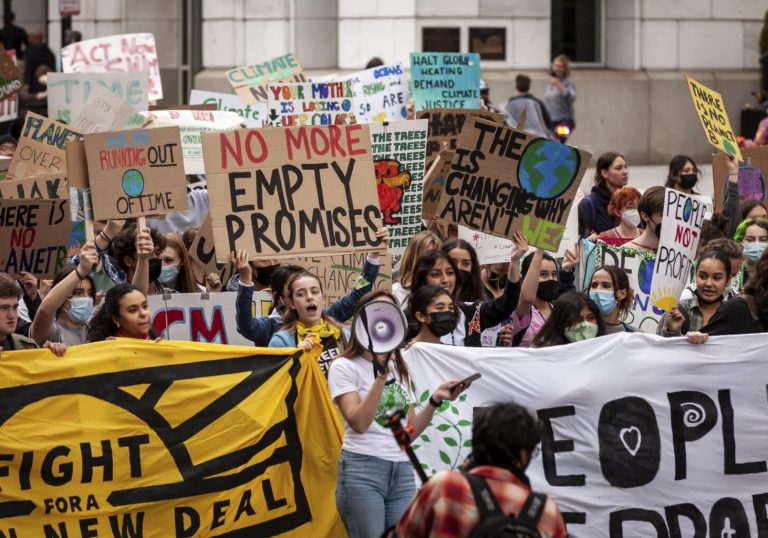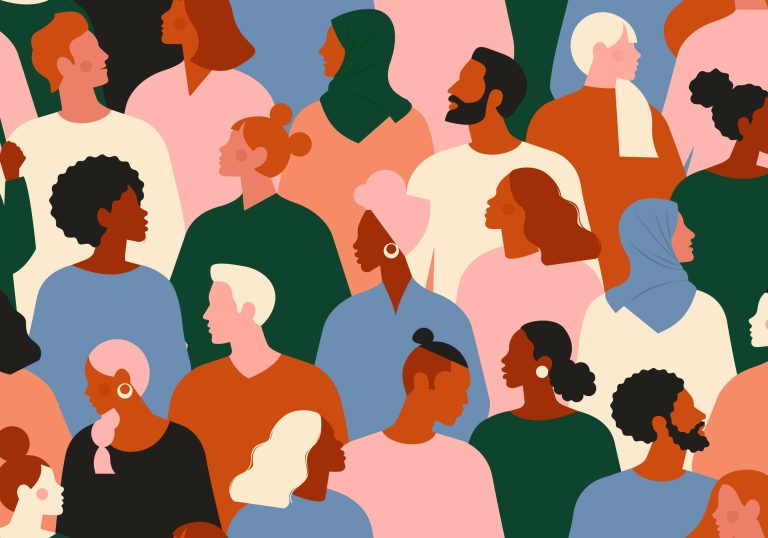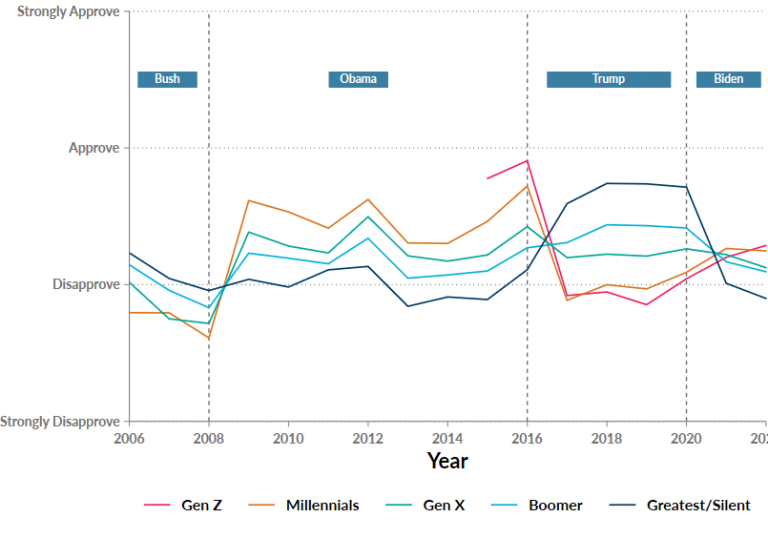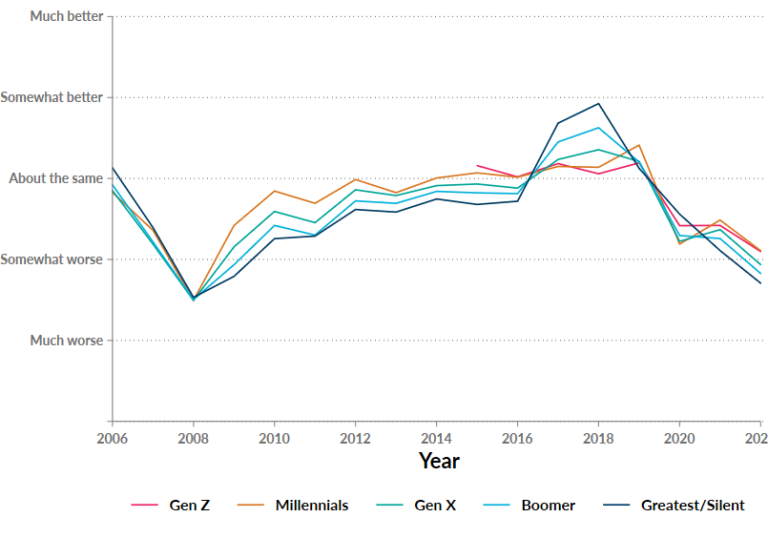A statement from Faculty Director Sarah Anzia and Executive Director Sarah Swanbeck
With protests unfolding nationwide, we are writing to express our outrage at the murders of George Floyd, Breonna Taylor, Ahmaud Arbery and the many other Black Americans at the hands of police or other state-sanctioned violence. We express our sincere condolences to their families and to the families of protesters who have died in recent days as they spoke out against these injustices. And we condemn violent police reaction to protestors who are calling out the inadequate response to these murders from our legal and political systems.
The past few months of the American experience have pushed into even clearer view — particularly for white Americans — racial inequalities that are entrenched in our culture and institutions. These latest protests are unfolding during a once-in-a-lifetime pandemic — an event which has disproportionately affected Black communities, and which has only underscored the racial inequities that persist across generations.
While millennials and GenZ are the most racially diverse generations in American history, they are not immune to the patterns of inequality that manifested long before their time. We are hopeful, however, as we see young people from all walks of life step to the forefront of social justice movements. The next generation understands the urgency of this moment and their voices will be a powerful catalyst for racial, economic, and social change.
In this moment of transformation for our country, we at the Berkeley Institute for Young Americans are also reflecting on how we can do more to help build a more just and equitable society. We know that the work starts within, and we recommit to prioritizing diversity, equity, and inclusion, both in how we operate as an organization as well as in our programs and our research.
To the young policymakers, leaders, and activists doing the hard work: As you coalesce around powerful ideas that will provide the building blocks for positive change, we support you in your vision. Know that we stand with you in the work ahead as we collectively reshape our future, and as we work together for justice and equality for all.
